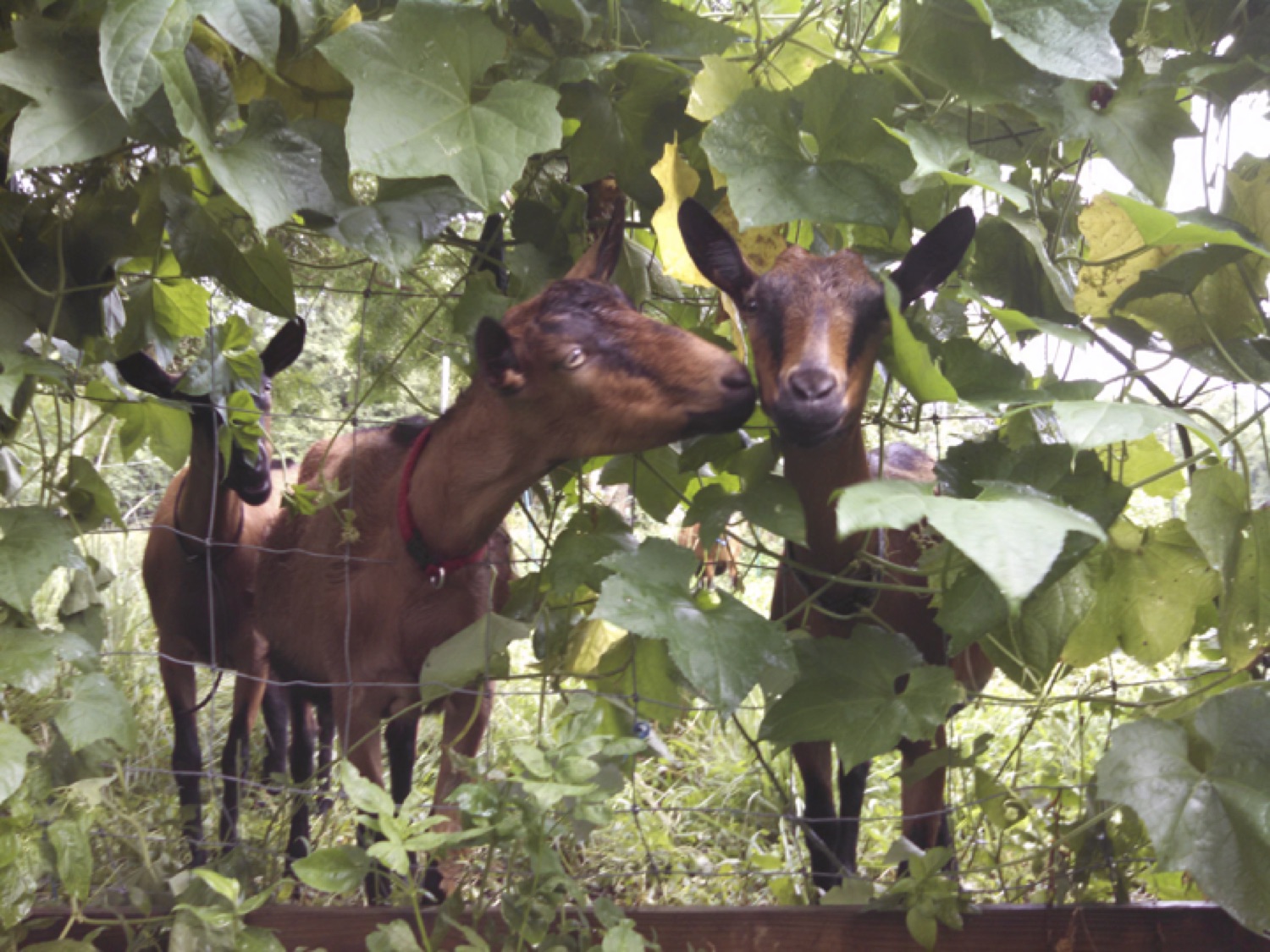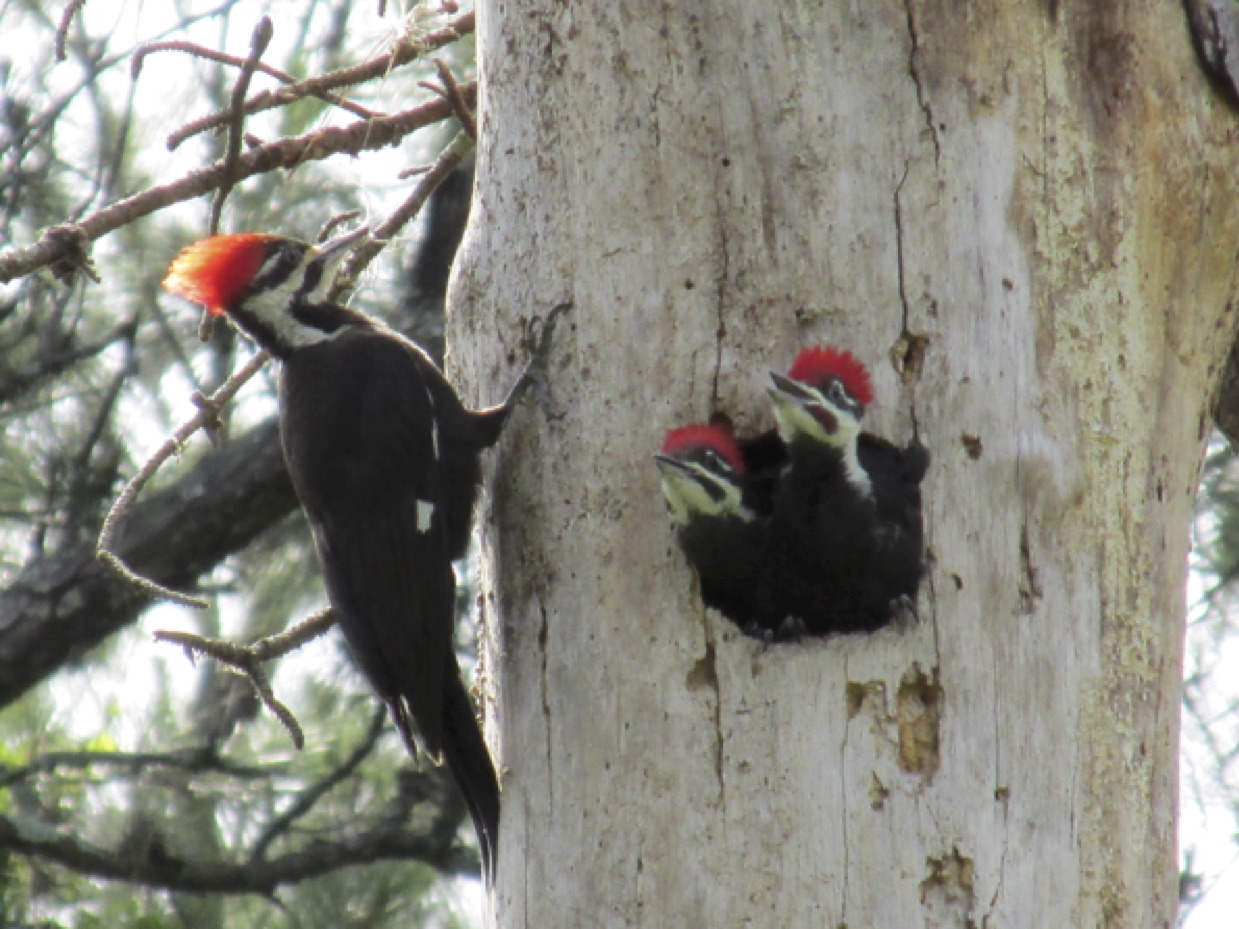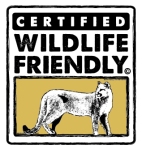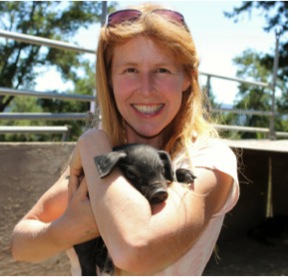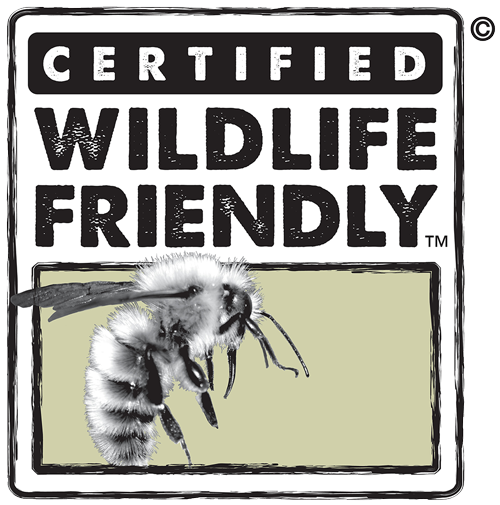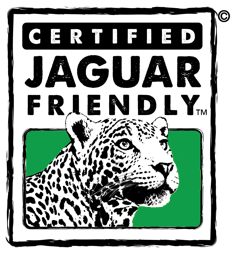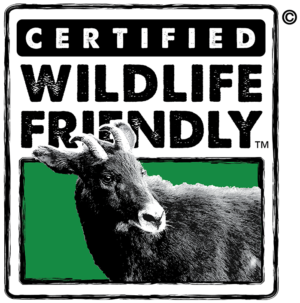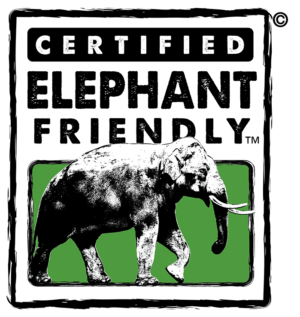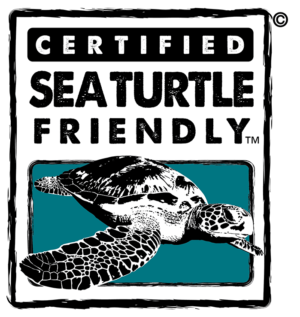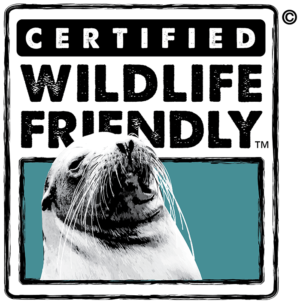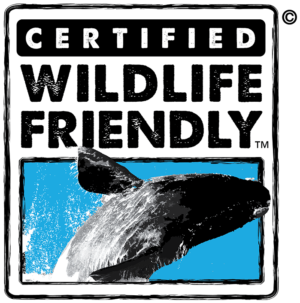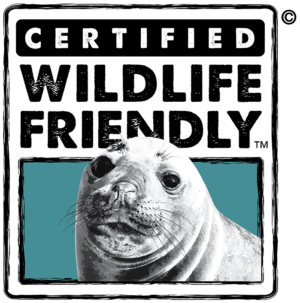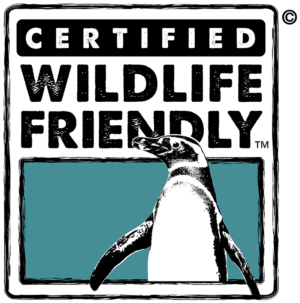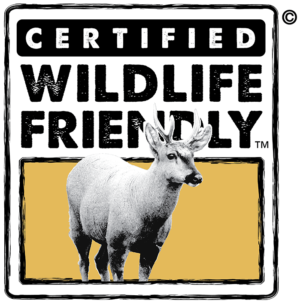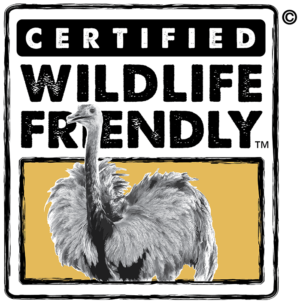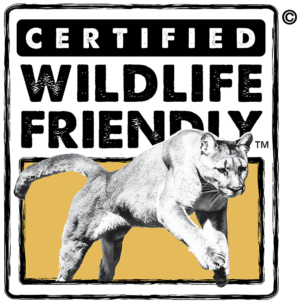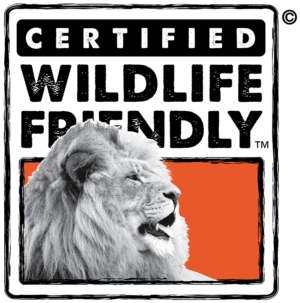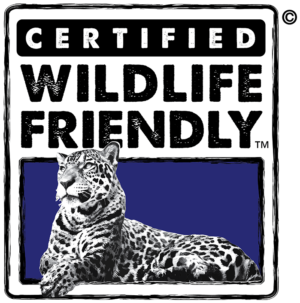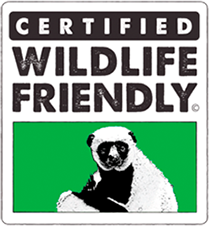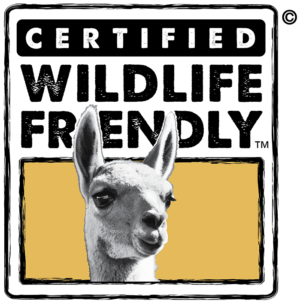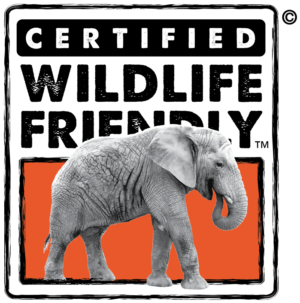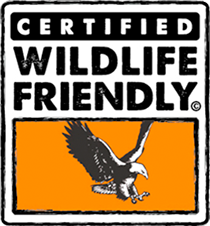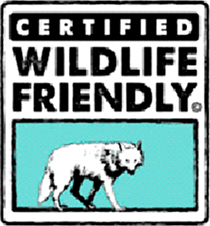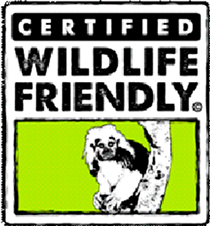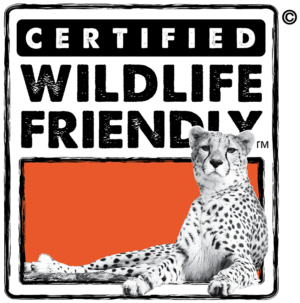First Florida Farm Achieves Certified Wildlife Friendly® Status
Hammock Farm Gourmet of Brooksville Provides Wildlife Habitat for Native Reptiles and Mammals While Producing Gourmet Meats and Eggs
Brooksville, FL (JULY 10, 2015) For Certified Wildlife Friendly® agricultural producer Jean White of Hammock Farm Gourmet, allowing wildlife to flourish is as critical as caring for her cornucopia of pasture-raised meat goats, pigs, sheep and chickens.
“We had a pig wallow full of [native] tadpoles I kept putting water into,” says Jean. Whenever Jean can encourage local wildlife to succeed in the face of Florida’s tide of invasive species, she takes action. “We need to pay attention to all the little creatures,” says Jean, noting that she has a butterfly garden on the 22 acre property—which includes 7 acres of forest—and leaves stands of native plants, including elderberries and wild persimmons, to provide food and habitat for wildlife, especially birds.
Larger wildlife also make use of the farm, which lies on the flight path between an eagle’s nest and its fishing spot. With avian predators, bobcats and deer as regular visitors to a creek that borders the property, acting to keep Hammock Farm Gourmet’s heritage breed animals safe from predators is an integral part of life on the farm. In order to protect her newborn kids and lambs, Jean keeps them in pastures nearby to frequent human activity. Chickens, which are on pasture during the day, are enclosed at night in a well-secured coop.
Jean has also found that she has better success with Australorp chickens, a heritage breed with a larger body size with black feathers. Lightered-colored chickens, as well as smaller birds, appear to be preferred by hawks. “We do our best to make sure we’re not inadvertently feeding the wildlife while still making sure they can pass through our property and go about their daily business,” says Jean.
“In our state, the corridors for bears and panthers are on cattle ranches,” she says. “We need consumers to understand the connections between farming and conservation.” By gaining recognition for Hammock Farm Gourmet as a Certified Wildlife Friendly® farm, Jean is glad showcase how agriculture and conservation fit together. Read more »
FOR IMMEDIATE RELEASE
Madrone Coast Farm First in California to Achieve Certified Wildlife Friendly® Status for coexistence with Mountain Lions
Madrone Coast Farm of Felton, CA Provides Habitat for Pumas
FELTON, CA (October 28 2014) Madrone Coast Farm is the first farm in California to achieve Certified Wildlife Friendly® status in recognition of its wildlife stewardship practices, following an ISO-compliant third-party audit process. “We feel that coexistence with wildlife, including mountain lions, is very important to the health of the local ecosystem. Farmers and ranchers can successfully use proactive practices to coexist with predators,” says farmer Alison Charter-Smith.
Charter-Smith and her husband, Tony Jaehnichen, raise heritage chickens, ducks, goats, sheep, and pigs, and offer pasture-raised chicken and duck-eggs, pork and wool at 4 farmer’s markets throughout the Santa Cruz area. The vast majority of their farm is wooded and accessible to wildlife, including 3 juvenile mountain lions seen on the farm this past summer. In addition to maintaining ponds to provide water, Charter-Smith and Jaehnichen are working to increase the habitat value of their land for terrestrial and avian visitors alike. The farm has nesting boxes for swallows, bats, owls and bees. Black-tailed deer, coyotes and bobcats are also in the vicinity.
To keep stock safe, Madrone Coast Farm keeps a close eye on its animals, especially at vulnerable periods, such as lambing, corrals stock at night, and engages the help of a pair of Maremma livestock guardian dogs. “I feel great knowing my food purchases support wildlife,” says Madrone Coast customer Bonnie Doran. “It’s important to me to know the food I’m eating is not adversely impacting the ecosystem. I was raised to respect the wildlife that have always been here and belong. We need to coexist with native species, not to kill them off.”
“The Certified Wildlife Friendly® label helps consumers to vote with their pocketbooks. Consumers can now support free-ranging wildlife as they buy from local farms,” says Julie Stein, Executive Director of the global Wildlife Friendly Enterprise Network. Certified Wildlife Friendly® farms and ranches support wildlife, biodiversity, and a host of ecosystem services. Read more »


